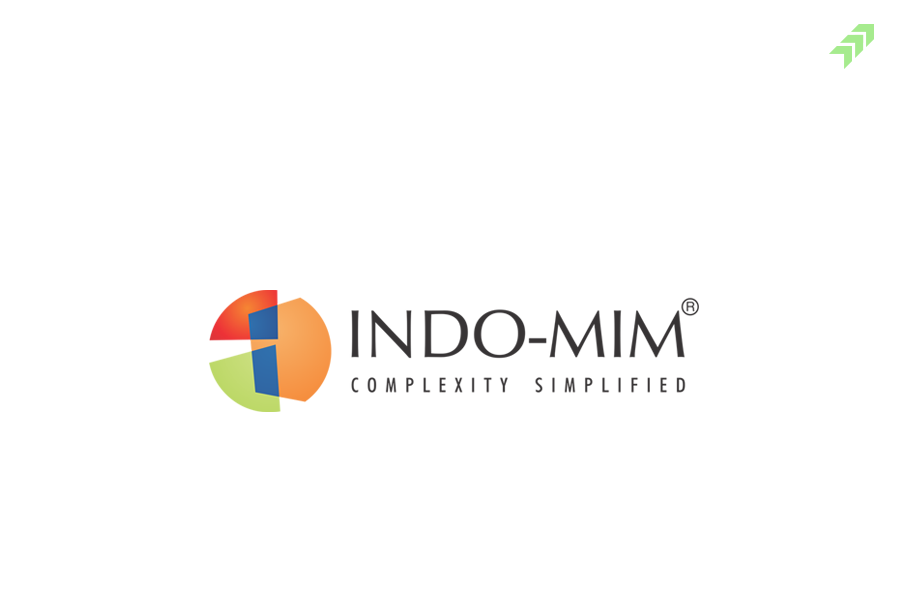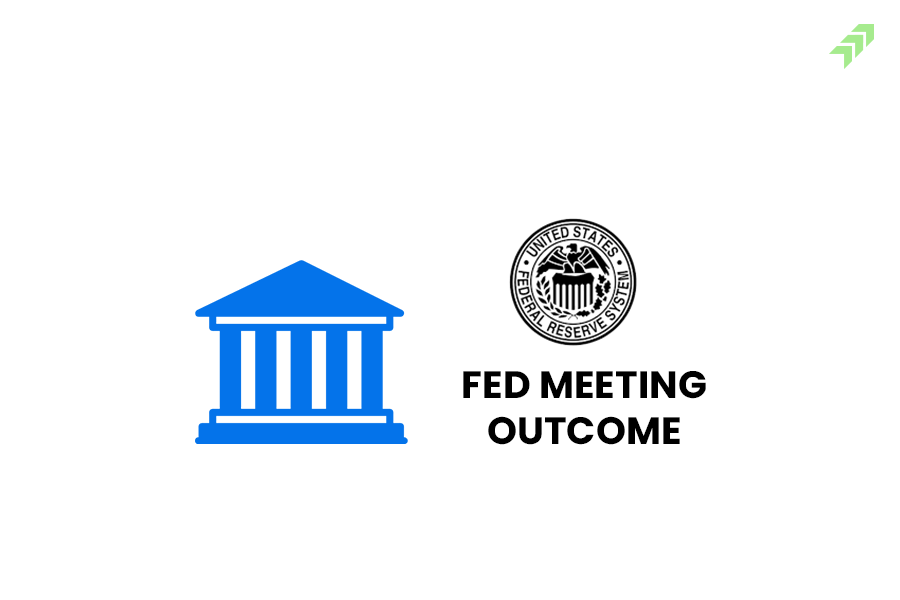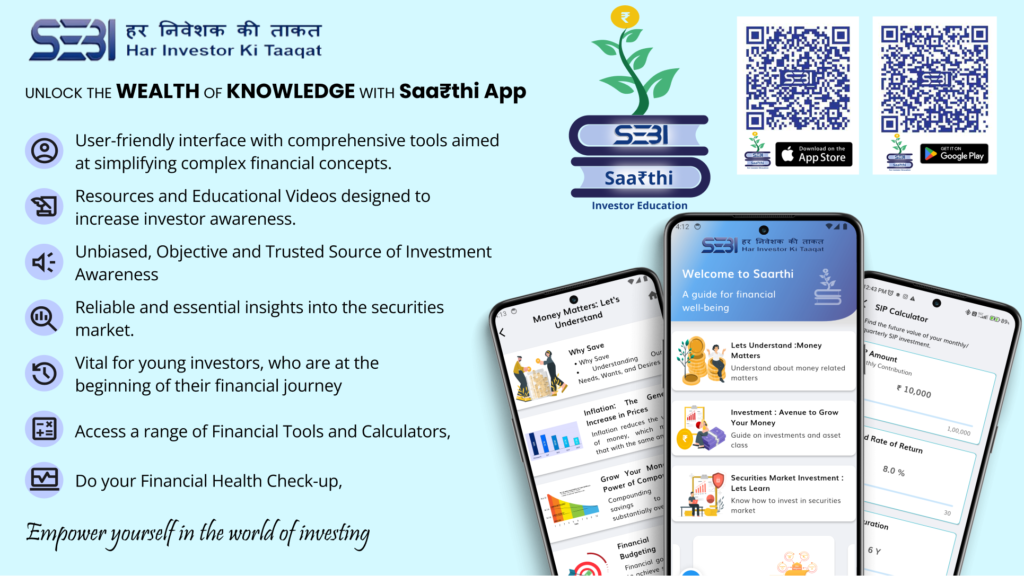The Reserve Bank of India (RBI) has imposed a ban on Paytm Payments Bank due to alleged “persistent non-compliance.” The ban will go into effect on February 29 and will result in a series of restrictions on the platform. These restrictions will impact fresh deposits and credit transactions, and may also prevent new users from creating accounts. According to the RBI’s press release, this ban will have implications for all Paytm wallets, as well as Paytm Fastags and mobility cards.
In light of these developments, Paytm Payments Bank will face several limitations starting from February 29. The RBI’s actions include prohibiting the creation of new accounts and the acceptance of fresh deposits. Furthermore, debit and credit transactions, including those made through wallets, will no longer be allowed.
Paytm Payments Bank restrictions and its implications
After February 29, Paytm Payments Bank will no longer be accepting new users. This means that if you are not already a Paytm user, you will not be able to create a new account on the platform after the specified date. Existing users will also face restrictions, as they will not be able to utilize their Paytm wallets, Paytm Fastags, or Mobility Cards. Mobility cards are essentially transit cards that can be used for various transactions such as paying shopping bills, parking fees, ATM withdrawals, metro and bus rides, fuel or food bills, and more. Additionally, Paytm will no longer be permitted to accept any new deposits after February 29. If you wish to add funds to your Paytm Payments Bank account, you can only do so until the last day of February. After that, it will not be possible to add any money to your savings account. The central bank has also announced that debit and credit transactions, including those made through wallets, will not be allowed. However, customers will still have the freedom to withdraw money from their accounts without any restrictions. Essentially, you will not be able to receive or send any money from your account, but you will still have access to the balance in your Paytm account.
The Reserve Bank of India has also said that after February 29, the bank should not offer any other services such as fund transfers (regardless of the type of services like AEPS, IMPS, etc.), bill payments, or UPI facilities. This means that you will not be able to make any money transfer or bill payments or UPI transactions using Paytm services after the said date.
Paytm clarification
According to a recent statement issued by Paytm, its current users will still have access to the platform’s payment solutions, and offline services will also remain available after February 29th. Paytm’s online merchant payment gateway business will continue to provide payment solutions to its existing merchants. The offline merchant payment network offerings, such as Paytm QR, Paytm Soundbox, and Paytm Card Machine, will also continue as usual, allowing for the onboarding of new offline merchants. Additionally, services like insurance distribution and loans will not be affected by these changes. In other words, you will still be able to make UPI payments through Paytm as long as it is connected to an external account. However, it is important to note that the use of Paytm Wallet may still be restricted, as it is powered by Paytm Payments Bank.
What will happen to Paytm FASTags after February 29?
So, does this imply that your Paytm FASTags will cease to function after February 29? According to the directive from the Reserve Bank of India (RBI), it is evident that users will no longer be able to recharge or add funds to their Paytm FASTags through the Paytm Wallet. It is important to note that Paytm users can still utilize the existing balances in their PPBL account, Paytm Wallet, or FASTag without any inconvenience. However, the RBI’s directive specifically prohibits credit top-ups after February 29.
One97 Communications Limited (OCL), the parent company of Paytm, has issued a comprehensive statement to the stock exchanges today, assuring that the RBI’s action will not impact “user deposits in their savings accounts, Wallets, FASTags, and NCMC accounts, where they can continue to use the existing balances”. However, the company did not provide further details on how it plans to maintain the functionality of Paytm FASTags, considering that recharging via the Paytm Wallet is no longer permitted after February 29. In essence, this suggests that Paytm will establish partnerships with additional external banks to ensure uninterrupted services.
In order to overcome the disruption caused by the RBI’s directive, Paytm will now collaborate with more external banks. By doing so, they aim to find alternative methods to facilitate recharging and top-ups for Paytm FASTags. This strategic move will enable Paytm to continue offering its users seamless and convenient services without reliance on the Paytm Wallet. As a result, Paytm customers can expect a smooth transition and continued functionality for their FASTags even after February 29.


















No comment yet, add your voice below!